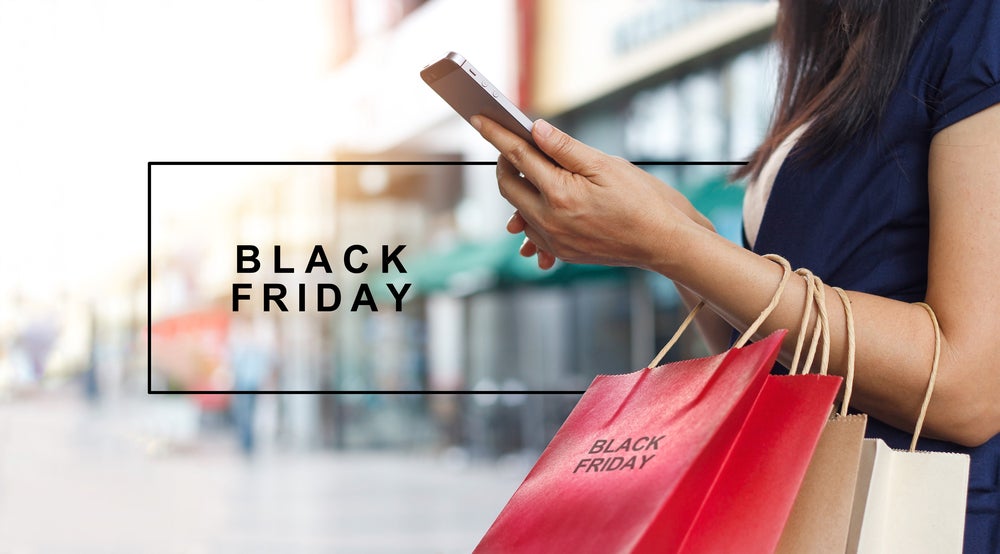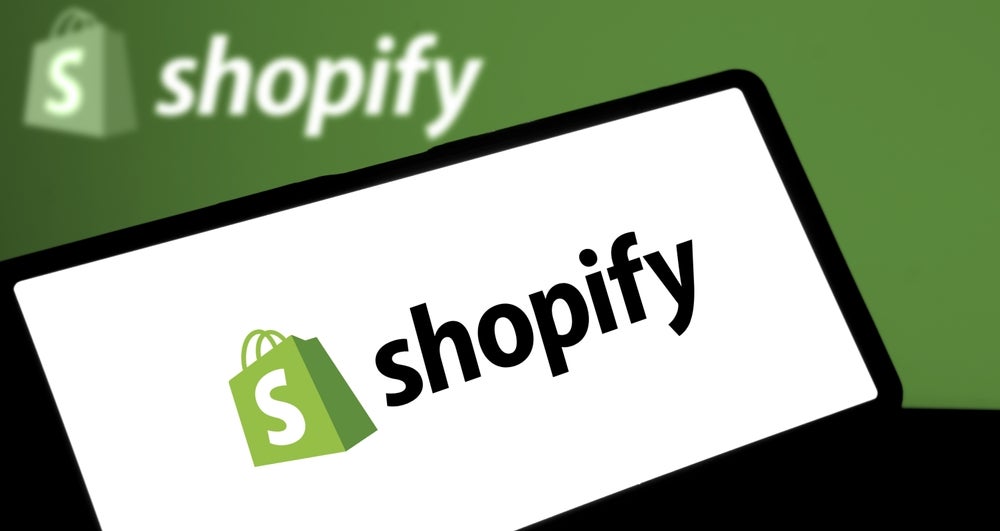
This Black Friday weekend, UK retailers are set to make £8.74bn, with estimates that over 50% of sales will be processed through digital platforms.
As Black Friday shopping peaks, payments sector competitiveness continues to grow. Reports suggest over 50% of sales this year will be processed through digital platforms, ensuring the long-term viability of e-commerce.
According to Oxylabs, companies that use analytics are almost 20 times more likely to be successful and have more than 50% better understanding of their customers. Web scraping is becoming a vital technology for businesses that rely on data. This is particularly so for platforms that use publicly available web data to analyse competitors, track customers, and generate leads.
Gediminas Rickevicius, VP of Global Partnerships at Oxylabs
“Across the eCommerce industry, big data is driving competition, and in understanding customer behaviour and preferences, businesses can target marketing efforts and personalise the shopping experience to increase conversion rates during the upcoming major sales. However, advanced analytics can also be utilised to identify patterns and trends that provide a competitive edge against other market players.
Data is changing e-commerce pricing strategies as real-time data enables organisations to track competitors’ prices and adjust their own in a very dynamic way. Dynamic pricing algorithms that take into account a variety of factors are becoming more common, further removing traditional price barriers.
e-commerce companies can no longer afford to operate without web intelligence and big data. These tools are essential for staying competitive in the digital marketplace and for making data-driven decisions that foster growth and profitability. Competition relies heavily on the availability and utilisation of information. A superior understanding of the information will offer businesses a vital edge in the build-up to Black Friday and Christmas sales.”
How well do you really know your competitors?
Access the most comprehensive Company Profiles on the market, powered by GlobalData. Save hours of research. Gain competitive edge.

Thank you!
Your download email will arrive shortly
Not ready to buy yet? Download a free sample
We are confident about the unique quality of our Company Profiles. However, we want you to make the most beneficial decision for your business, so we offer a free sample that you can download by submitting the below form
By GlobalDataJames Hickman, Chief Commercial Officer of Ecospend, a Trustly company
“Some analysts are predicting lower spending over the 2023 Black Friday weekend compared to previous years, due to the financial pressure being felt by many consumers as a result of the cost-of-living crisis. It is therefore essential that retailers look for every opportunity to maximise their profits, and stand out amongst competitors.
By using Open Banking, merchants can avoid card transaction fees, which can cost UK retailers around £1.2bn a year, while also lowering costs through increased efficiency.
Offering Pay by Bank payments can also significantly increase purchase conversion rate at checkout. The consumer Pay by Bank experience is effortless, allowing people to transfer, pay and refund in the most convenient way possible, which can have a huge impact on customer loyalty and protection.”
Black Friday: AI comes to the fore
James Fisher, Chief Strategy Officer, Qlik
“For shoppers across the country, Black Friday marks the official start of the Christmas season. Many consumers are getting the bulk of their gift buying done while deals are on. For retailers, Black Friday is a once-a-year opportunity to boost sales and profit – and give customers the discounts they want.
However, without the right planning and insight, crunch days like Black Friday can put significant pressure on businesses and their supply chain, even leading to lost revenue. At a time when both competition and customer expectations are higher than ever, delivering quality service on Black Friday is vital.
This is where data analytics comes in, particularly with the power of AI. With access to real-time data across a retail business, it’s possible to better understand key factors like stock levels in warehouses and ensure discounts are consistent across stores, for example, as well as trends in shopping habits. As a result, retailers can make more informed decisions to delight customers during one of the busiest shopping weeks of the year”.
Black Friday: Square forecasts
But Square warns that only 19% of retailers are planning to use AI to streamline operations this Black Friday. This, says Square, represents a missed opportunity to offer an efficient shopping experience. Square estimates that BNPL may be used by as many as 48% of consumers this Black Friday.
Nearly two out of five (39%) of consumers will buy Christmas gifts in November to make the most of Black Friday and Cyber Monday deals
A majority (72%) of consumers planning to spend more or the same this holiday season when compared to last year.
59% of retailers expect sales to increase this season as they lean into technology to streamline operations and build new revenue streams.
GWI Black Friday forecasts
By contrast, global consumer research platform, GWI, forecasts that less than half (43%) of Black Friday shoppers say they plan to spend more this year compared to last year.
With cost-of-living still front of mind for many, Black Friday represents an opportunity for shoppers looking to secure big savings. GWI research shows they plan to take full advantage.
AI is in the mix this year says GWI. The latest technology has a big part to play in retail this year. 57% of Black Friday hopefuls say they would consider using AI chatbots for price comparison. Some 40% say they would consider using them for deal alerts and 33% for personalised recommendations.
GWI Key insights
Bagging a bargain. Nearly two thirds of Brits are planning to shop this Black Friday, with many looking to bag a bargain. Young shoppers are getting savvier than ever, with Gen Z being the generation most likely to spend more this year than they did in 2022 – almost half say this, with millennials not far behind.
Luxury splurging is off the cards. High-end stores like Selfridges should be prepared to expect lower footfall and less impactful sales this year. The number of people planning to buy luxury products is down by 23%, compared to last year. On top of this, for those who say rising prices will impact their holiday spending, over a third (37%) say that they’ll cut back most on treats/luxuries.
GWI says that young people out in full force this year to get first-hand inspiration and secure their deals. While Gen Z is the generation most likely to shop exclusively in-person (15% more likely than the average), baby boomers will stay put and enjoy the comforts of their homes, as the generation most likely to shop exclusively online (being 42% more likely than the average).







